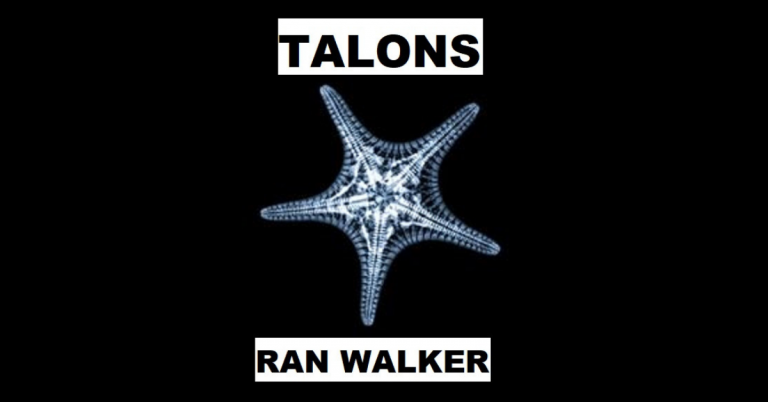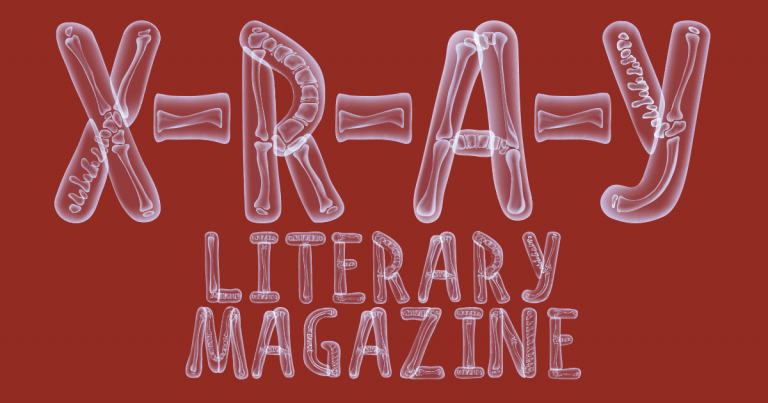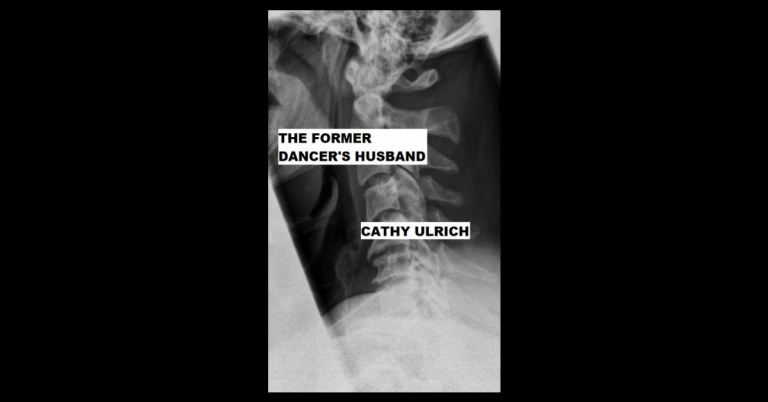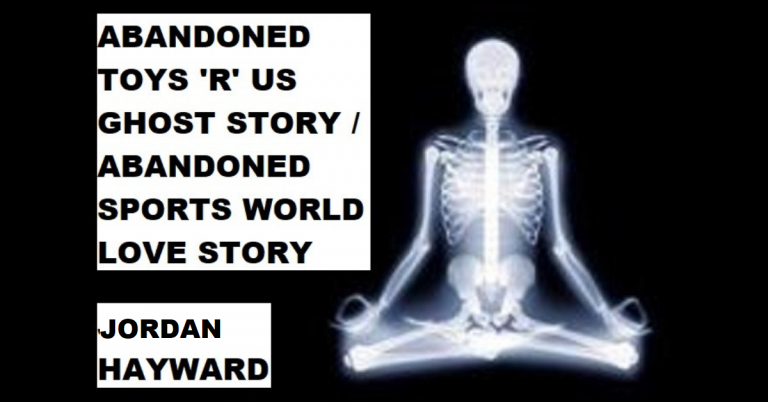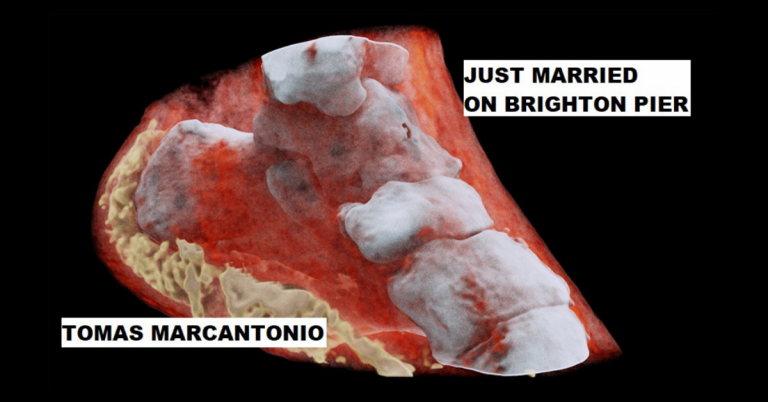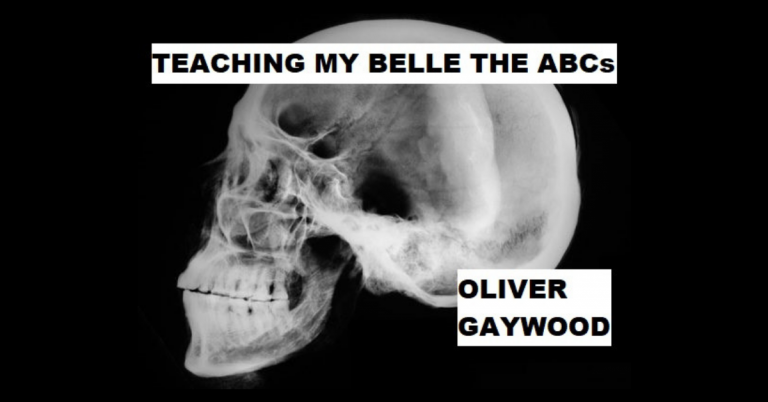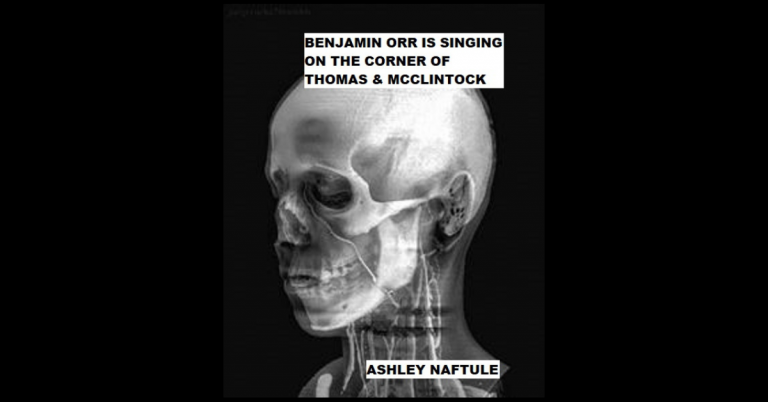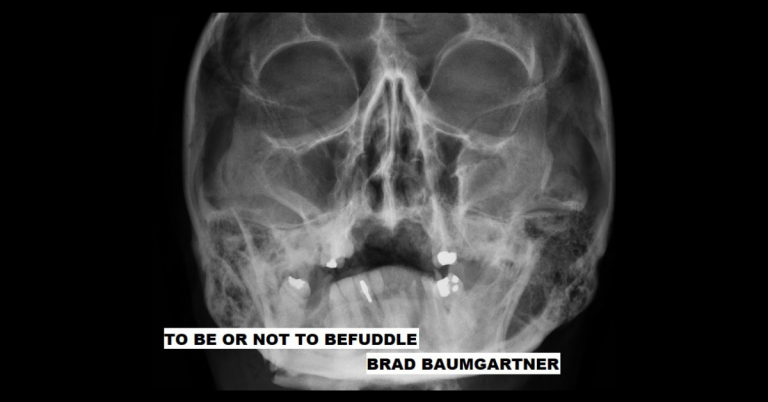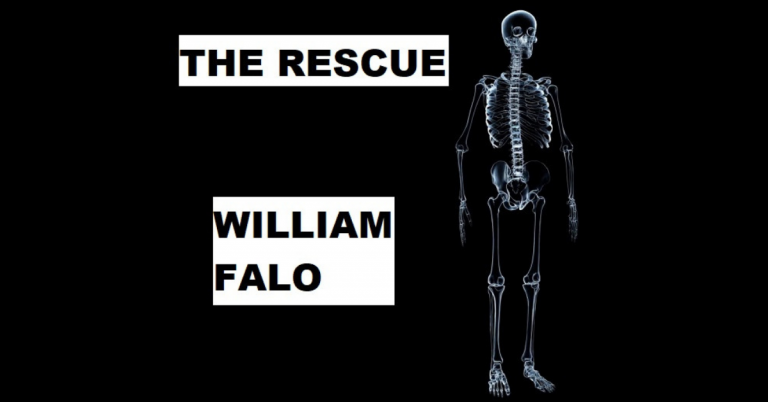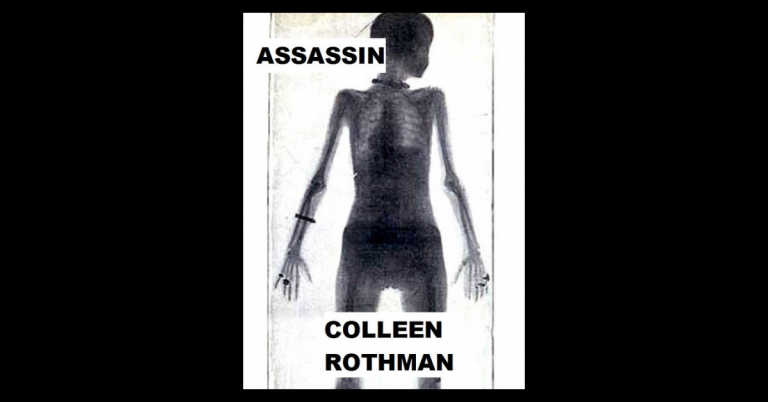
ASSASSIN by Colleen Rothman
Between bites of avocado toast, I tell her first. She sucks her breath and smacks the table, rustling the ridiculous pussy bow on her polka-dot blouse. Despite her vow not to cry, mascara clumps her lashes in betrayal. It must not be the waterproof kind I talked her into during our last mall pilgrimage. Better than sex, the glistening pink tube bragged, as though it knew something we didn’t. She asks what’s on my bucket list. Watching The Bucket List, I tell her. I’m on my third Bellini. She asks whether they have Make-A-Wish for grownups. Yeah, why should sad

